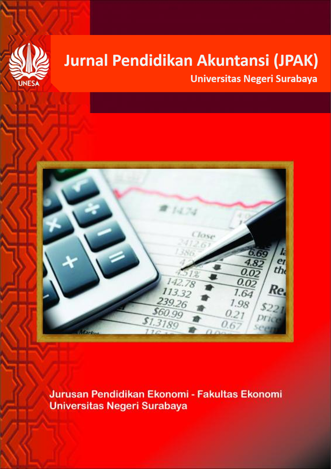Pengaruh Penerapan E-Samsat Dan Sanksi Perpajakan Terhadap Kepatuhan Wajib Pajak Kendaraan Bermotor (Studi Kasus Pada Wajib Pajak Di Samsat Kota Cimahi)
DOI:
https://doi.org/10.26740/jpak.v10n1.p50-59Keywords:
E-samsat; tax sanctions; taxpayer complianceAbstract
This research aims to examine the impact of implementing e-samsat and tax sanctions on motor vehicle taxpayer compliance. This type of research is explanatory research with a quantitative approach. The population is taxpayers registered at the Cimahi Samsat Office. This study utilizes purposive sampling in sampling with the provisions of motor vehicle tax subjects registered at the Cimahi Samsat Office to obtain a sample of 40 respondents. The data collection technique for this study was in the form of a questionnaire/questionnaire which was distributed to several compulsory PKB at the Cimahi Samsat Office. The analysis prerequisite test utilizes heteroscedasticity testing, multicollinearity testing, normality testing, reliability testing, and validity testing using the help of SPSS 26, then multiple linear regression analysis and partial test (t test) with the help of SPSS 26. The results of the t-test indicate that the application of e-samsat partially has an impact on taxpayer compliance, while tax sanctions partially have no impact on taxpayer compliance. It is concluded that the variable of the implementation of e-samsat partially has an impact on taxpayer compliance, and the variable of tax sanctions partially has no impact on taxpayer compliance. The limitation of this research is that the sample used is only 40 respondents and the scope of the research is limited to only 1 Tax Office.
Downloads
Downloads
Published
How to Cite
Issue
Section
License
Authors who publish with this journal agree to the following terms:
- Authors retain copyright and grant the journal right of first publication with the work simultaneously licensed under a Creative Commons Attribution License that allows others to share the work with an acknowledgement of the work's authorship and initial publication in this journal.
- Authors are able to enter into separate, additional contractual arrangements for the non-exclusive distribution of the journal's published version of the work (e.g., post it to an institutional repository or publish it in a book), with an acknowledgement of its initial publication in this journal.
- Authors are permitted and encouraged to post their work online (e.g., in institutional repositories or on their website) prior to and during the submission process, as it can lead to productive exchanges, as well as earlier and greater citation of published work (See The Effect of Open Access).

Jurnal Pendidikan Akuntansi (JPAK) is licensed under a Creative Commons Attribution-NonCommercial 4.0 International License.
 Abstract views: 4020
,
Abstract views: 4020
, PDF Downloads: 3775
PDF Downloads: 3775



